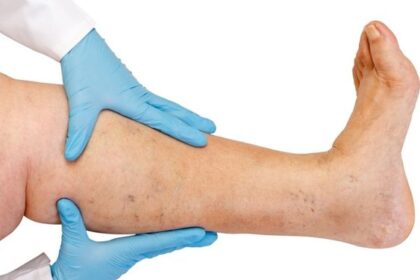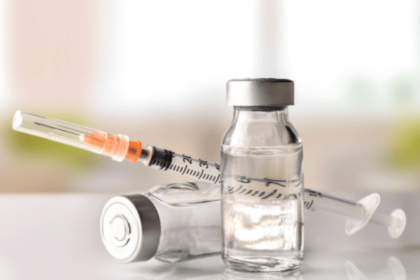Allergists are specialized physicians trained to identify and manage allergies, asthma, and immunologic disorders. They use their expertise to determine the cause of allergic reactions and develop a personalized plan to help you manage your condition. An allergist can provide the tools and knowledge needed to live with a food allergy. Here is more information about their role:
Providing Blood Tests
One of the methods an allergist may use to help identify a food allergy is a blood test. This test measures the amount of specific antibodies in your blood. When your body encounters a substance it sees as a threat, like a particular food protein, it produces antibodies. The blood sample is typically sent to a laboratory for analysis, and the results show the levels of these antibodies to various foods.
A positive blood test result does not automatically mean you have a food allergy. It indicates sensitization to a substance, which is just one piece of the puzzle. The allergist combines this information with other findings to get a complete picture of your health.
Offering Skin Prick Tests
Another diagnostic tool is the skin prick test. This test is typically performed in the allergist’s office and provides quick results. During the procedure, a small drop of a liquid containing a food allergen is placed on your skin, usually on the forearm or back. The allergist then lightly pricks or scratches the skin through the drop, allowing a tiny amount of the allergen to enter the skin.
Diagnosing Allergies
After gathering all the necessary information from tests and your medical history, an allergist makes a diagnosis. This process involves more than just looking at test results. The allergist will carefully review the symptoms you experience after eating certain foods, the timing of these reactions, and your family’s medical history.
In some cases, a specialist may suggest an oral food challenge to confirm a diagnosis. They perform this under strict medical supervision in the allergist’s office. You may be given small, increasing amounts of the suspected food to eat while being monitored for any reaction.
This procedure is an effective way to diagnose or rule out a food allergy. It is helpful to follow all instructions provided by the allergist before undergoing an oral food challenge to provide accurate results and safety. Discuss any concerns or questions you may have with your healthcare provider prior to the procedure.
Treating Allergies
Once a food allergy is confirmed, your allergist can work with you to create a management plan. The primary approach is to avoid the allergenic food strictly. Your allergist will provide education on how to read food labels and identify hidden sources of the allergen. They can help you develop strategies for safe eating at home, school, and restaurants.
For accidental exposures that cause a severe reaction, an allergist may prescribe an epinephrine auto-injector. You will receive training on when and how to use this device. Your management plan may include:
- A detailed avoidance strategy for your specific allergen.
- An emergency action plan for handling allergic reactions.
Visit an Allergist Today
Living with a suspected or diagnosed food allergy presents unique challenges, but expert guidance makes a significant difference. An allergist provides a clear path forward, from accurate diagnosis to a practical management plan tailored to your life. They offer the support and resources you need to feel more in control of your health. If you are struggling with symptoms or have concerns about food allergies, find an allergist near you to begin the process.









